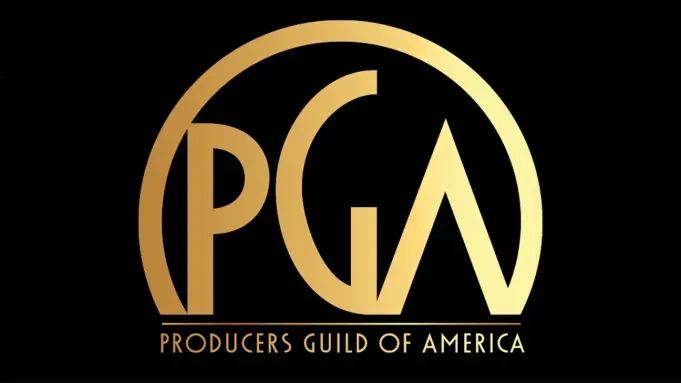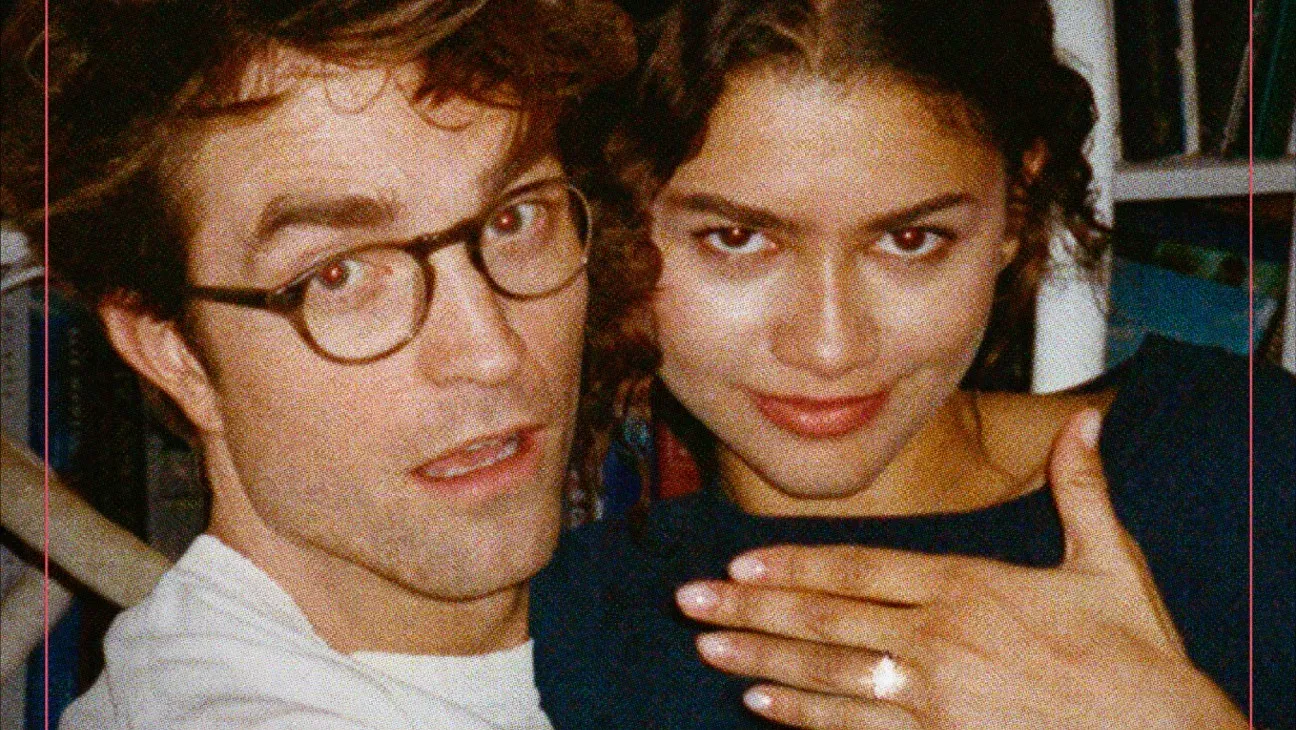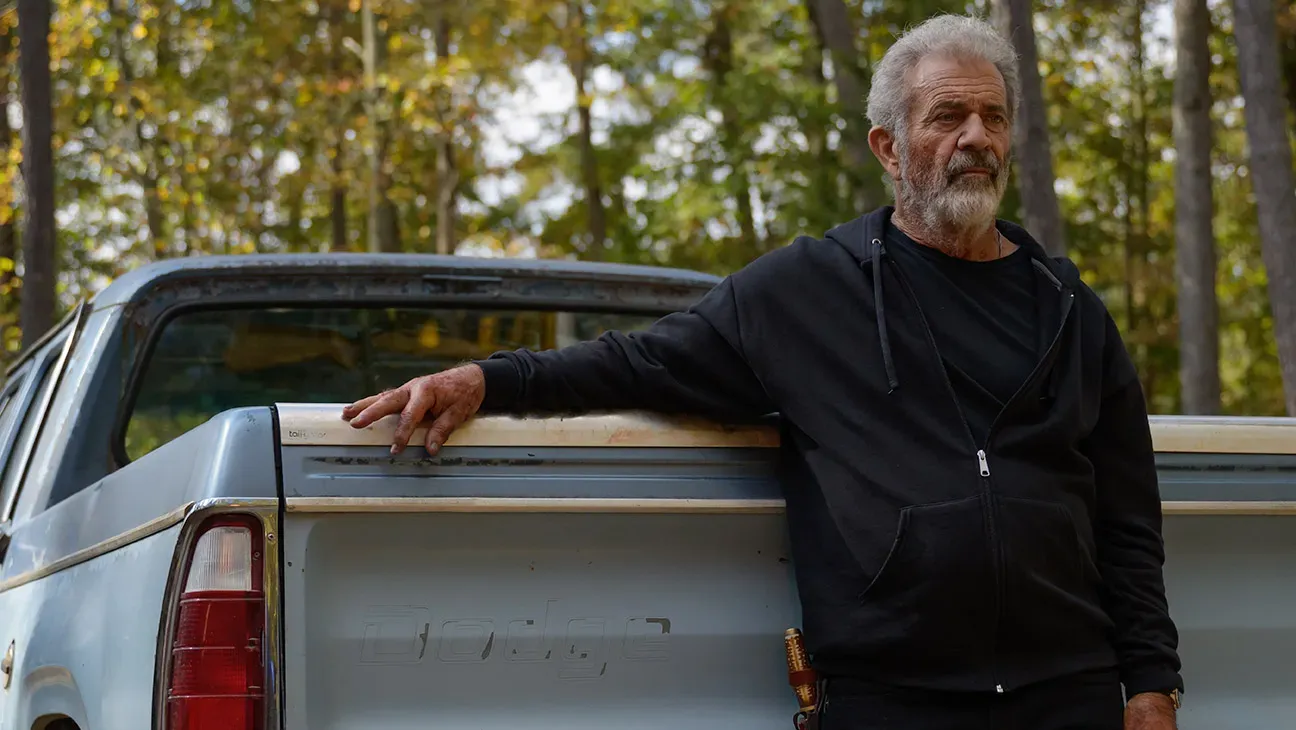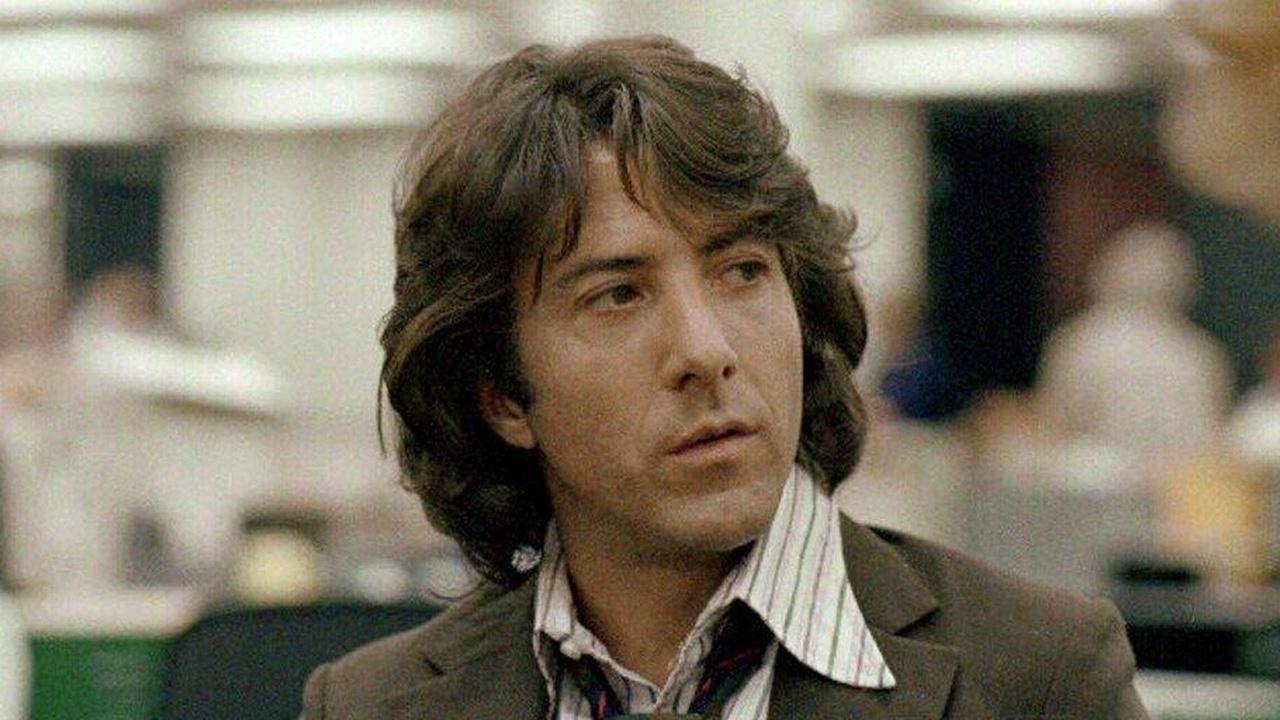
Extra! Extra! A Glimpse into Robert Redford's Storied Legacy in Journalism and Cinema!
- Oct 18, 2025
The dashing Robert Redford – whose recent death left admirers worldwide mourning the loss of a man as principled as he was charming – left behind a legacy of movie magic and unwavering faith in the power of free press. Living through the golden age of mass media and then directly into its rocky current state, Redford's journey painted a vivid picture of a society in flux.
In today's uncertain times, with a feeling of growing unease, we often wish for more knights of the journalistic round table, tirelessly unearthing the truth about our leadership. Robert Redford would undoubtedly share this sentiment, as his own illustrious career looked back to a time when figures like President Nixon sought to control narratives. Nevertheless, journalism, portrayed through the lens of Redford's cinematic genius, became a beacon of hope for audiences nationwide.
One such homage to investigative journalism was his production of "All the President’s Men," which retold the story of Nixon’s downfall–courtesy of a couple of determined Washington Post reporters–at a time when public trust in media was high. To Warner Bros., the studio that distributed the film in 1975, the story of news hounds at the typewriter might have seemed like a bust in the making. However, the movie buttressed by stellar performances from the charismatic Redford and Dustin Hoffman proved to be a goldmine.
Under the capable hand of director Alan J. Pakula, this real-world, political rollercoaster ride was transformed into a riveting cinematic journey that captivated audiences around the globe. The tale wasn't all Pulitzer-winning revelations and late-night newsroom pizza, though. Controversy brewed behind the scenes as screenwriter William Goldman grew frustrated over constant script alterations by Redford and Pakula, resulting in a movie that Redford claimed was only 10% Goldman's work.
Despite the drama off-screen, the movie showcased the importance of investigative journalism in a democratic society. Indeed, the spotlight remained firmly on the two media crusaders’ power of uncovering the truth behind the Watergate scandal. From the burglary at the office of the Democratic National Committee to the peculiar mystery that unfolded thereafter, the film kept the audience on the edge of their seats, not unlike an eighth-grader's first rollercoaster ride.
Such was the impact of the Watergate scandal that an estimated 85 percent of US households watched the Senate hearings on TV. Redford, a significant part of the cultural landscape then, was notably engrossed in the unfolding saga. Mia Farrow, his co-star in "The Great Gatsby," recalled her frustrations at Redford's obsession with the Watergate proceedings during their shoot.
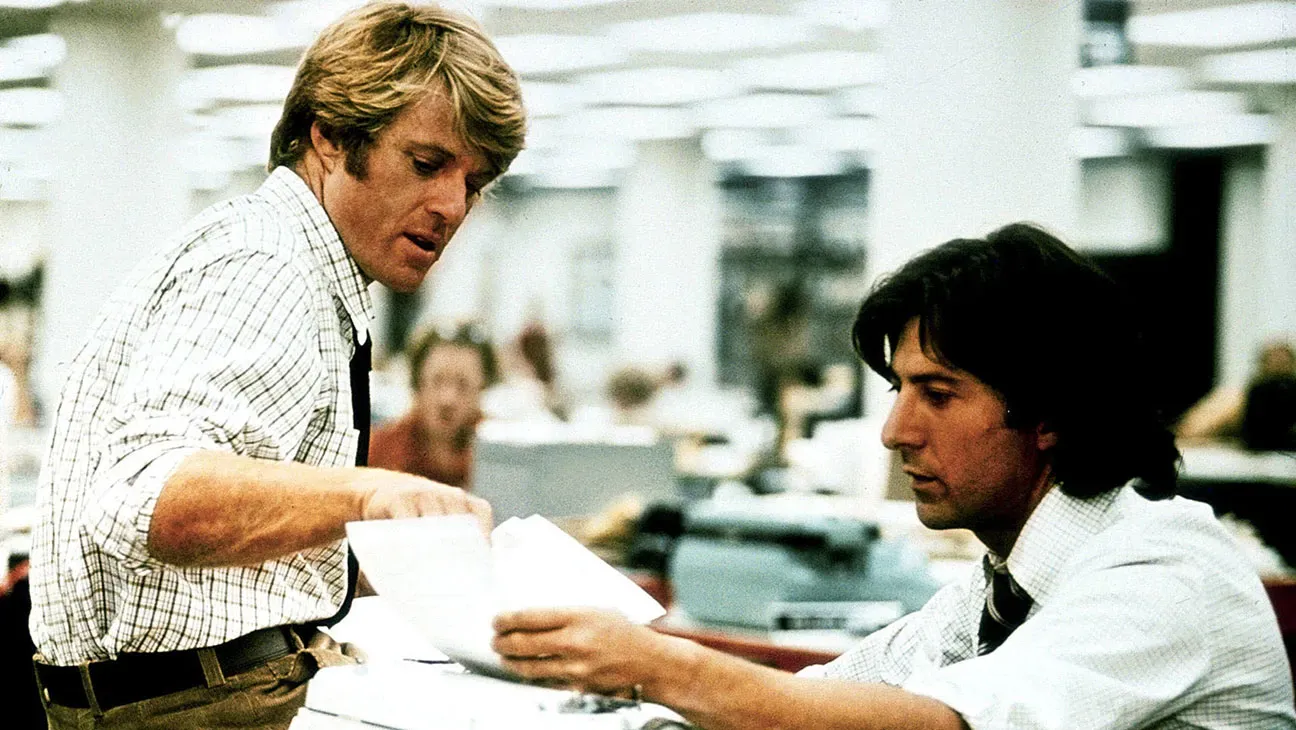
In the sobering backdrop of Redford's demise, many found solace in revisiting his legacy, particularly his devotion to the press with "All the President’s Men." Viewers applauded the movie's painstaking attention to detail, even while acknowledging its hiccups and convenient narrative shortcuts. Nevertheless, praise abound for the movie's creative finesse, especially the game-changing cinematography by Gordon Willis, dubbed as the '70s prince of expressive, dark shadows.
Today, viewers watch the movie with a reflective mindset, making comparisons to contemporary political issues, and longing for the kind of brave, truth-driven journalism that Redford venerated. One viewer noted, "The Watergate scandal looks like a petty theft compared to what is happening now."
Watching "All the President’s Men" today, in the wake of Redford’s death, and against the backdrop of a much-changed world, feels bittersweet. The movie stands as both a tribute to challenging filmmaking and the threatened freedom of the press. It leaves us with the haunting words of editor Bradlee (memorably played by Jason Robards), who proclaims that "nothing's riding on this except the First Amendment to the Constitution, freedom of the press, and maybe the future of the country."
In the brightly lit newsroom, the heart of the film lies in a scene where Redford, as reporter Woodward, converses over a phone call, with the nervous Kenneth Dahlberg, a tertiary character enmeshed in the unfolding Watergate scandal. Dahlberg, the Midwestern campaign finance chair for Nixon's re-election, awkwardly articulates his dilemma to Woodward: "I'm caught in the middle of something. And I don’t know what.”
Echoing the sentiments of many, Dahlberg's words encapsulate the unease of being in the crux of political turmoil, a sentiment that, much like Redford's belief in steadfast journalism, is all too familiar in our current times.



